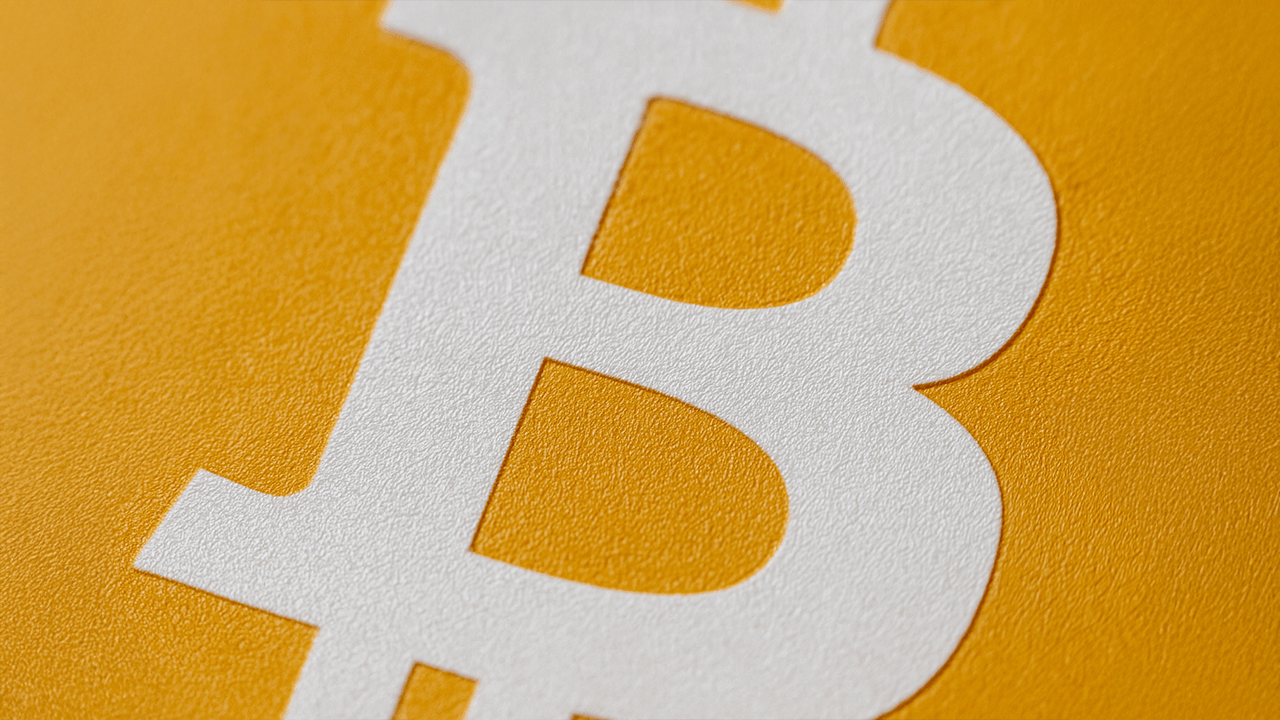Bitcoin mining tax faces resistance from industry leaders

In a recent statement, Perianne Boring, CEO of the Chamber of Digital Commerce (CDC), expressed strong opposition to the Biden administration’s plan to introduce a 30% tax on Bitcoin mining. Boring highlighted the critical role of Bitcoin mining in enhancing energy security and critiqued the tax proposal as politically motivated.
According to her, this move by the White House represents an attempt to influence the digital asset sector unfairly. The Chamber of Digital Commerce, under Boring’s leadership, is preparing to challenge the imposition of this significant tax, emphasizing the importance of fostering innovation within the American digital asset industry.
The proposed tax, detailed in the “Impose Digital Asset Mining Energy Excise Tax” section of the Fiscal Year 2025 Revenue Proposals, seeks to address the high energy consumption associated with digital asset mining. The tax would be phased in over three years, starting at 10% and escalating to 30%.
This initiative aims to mitigate environmental impacts and manage the risks to local utilities and communities posed by the energy-intensive nature of digital asset mining. However, Boring argues that such a tax could impede innovation and weaken America’s leadership in the digital asset space.
The impact of a 30% tax on the digital asset industry
The debate over the proposed tax extends beyond its immediate financial implications. Bitcoin mining, a significant component of the digital asset mining industry, has been emphasized explicitly due to its significant energy requirements.
The administration’s proposal has sparked concerns within the digital asset community about the potential stifling of innovation and competitive disadvantage. Boring’s stance reflects a broader apprehension regarding government intervention in the digital asset market and its possible effects on industry growth and innovation.
Critics of the proposal, including Pierre Rochard of Riot Platforms, have voiced concerns that the tax could not only hinder the development of Bitcoin but also pave the way for a Central Bank Digital Currency (CBDC). Rochard’s remarks underscore the apprehension that even Bitcoin miners utilizing renewable energy sources would not be exempt from this tax, questioning the fairness and true intentions behind the proposal. The discussion around this tax highlights the complex interplay between regulatory efforts, environmental concerns, and the future of digital assets in the United States.
Bitcoin mining tax sparks industry backlash
The opposition from figures like Boring and Rochard to the proposed 30% tax on Bitcoin mining electricity use brings to light the potential consequences for innovation in the digital asset sector. The tax, intended to address environmental concerns and the energy-intensive nature of digital asset mining, is seen by some as a direct challenge to the industry’s growth and the United States’ position as a leader in this space. As the debate continues, the digital asset community remains focused on advocating for policies that support innovation while also addressing the environmental impact of mining activities.
The proposal and the responses it has elicited underscore the ongoing dialogue between the digital asset industry and policymakers. The outcome of this debate could have lasting effects on the direction of the digital asset market, innovation, and how the United States navigates the complexities of energy consumption, environmental stewardship, and economic growth in the digital age.
Bitcoin mining tax faces resistance from industry leaders

In a recent statement, Perianne Boring, CEO of the Chamber of Digital Commerce (CDC), expressed strong opposition to the Biden administration’s plan to introduce a 30% tax on Bitcoin mining. Boring highlighted the critical role of Bitcoin mining in enhancing energy security and critiqued the tax proposal as politically motivated.
According to her, this move by the White House represents an attempt to influence the digital asset sector unfairly. The Chamber of Digital Commerce, under Boring’s leadership, is preparing to challenge the imposition of this significant tax, emphasizing the importance of fostering innovation within the American digital asset industry.
The proposed tax, detailed in the “Impose Digital Asset Mining Energy Excise Tax” section of the Fiscal Year 2025 Revenue Proposals, seeks to address the high energy consumption associated with digital asset mining. The tax would be phased in over three years, starting at 10% and escalating to 30%.
This initiative aims to mitigate environmental impacts and manage the risks to local utilities and communities posed by the energy-intensive nature of digital asset mining. However, Boring argues that such a tax could impede innovation and weaken America’s leadership in the digital asset space.
The impact of a 30% tax on the digital asset industry
The debate over the proposed tax extends beyond its immediate financial implications. Bitcoin mining, a significant component of the digital asset mining industry, has been emphasized explicitly due to its significant energy requirements.
The administration’s proposal has sparked concerns within the digital asset community about the potential stifling of innovation and competitive disadvantage. Boring’s stance reflects a broader apprehension regarding government intervention in the digital asset market and its possible effects on industry growth and innovation.
Critics of the proposal, including Pierre Rochard of Riot Platforms, have voiced concerns that the tax could not only hinder the development of Bitcoin but also pave the way for a Central Bank Digital Currency (CBDC). Rochard’s remarks underscore the apprehension that even Bitcoin miners utilizing renewable energy sources would not be exempt from this tax, questioning the fairness and true intentions behind the proposal. The discussion around this tax highlights the complex interplay between regulatory efforts, environmental concerns, and the future of digital assets in the United States.
Bitcoin mining tax sparks industry backlash
The opposition from figures like Boring and Rochard to the proposed 30% tax on Bitcoin mining electricity use brings to light the potential consequences for innovation in the digital asset sector. The tax, intended to address environmental concerns and the energy-intensive nature of digital asset mining, is seen by some as a direct challenge to the industry’s growth and the United States’ position as a leader in this space. As the debate continues, the digital asset community remains focused on advocating for policies that support innovation while also addressing the environmental impact of mining activities.
The proposal and the responses it has elicited underscore the ongoing dialogue between the digital asset industry and policymakers. The outcome of this debate could have lasting effects on the direction of the digital asset market, innovation, and how the United States navigates the complexities of energy consumption, environmental stewardship, and economic growth in the digital age.

